- Home
- Blog
How do Agile and DevOps interrelate?
As enterprises move beyond traditional IT, cloud-native AI platforms are rapidly emerging as the backbone for digital transformation. By combining AI/ML capabilities with cloud-native architectures (containers, Kubernetes, microservices), businesses are unlocking agility, scalability, and intelligence at an unprecedented scale.
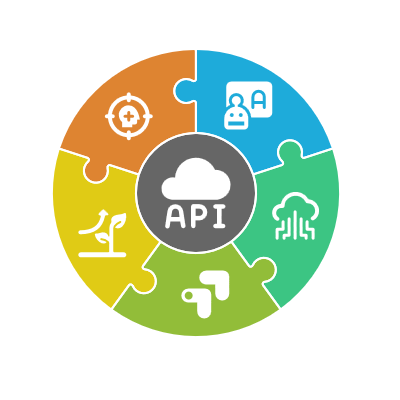
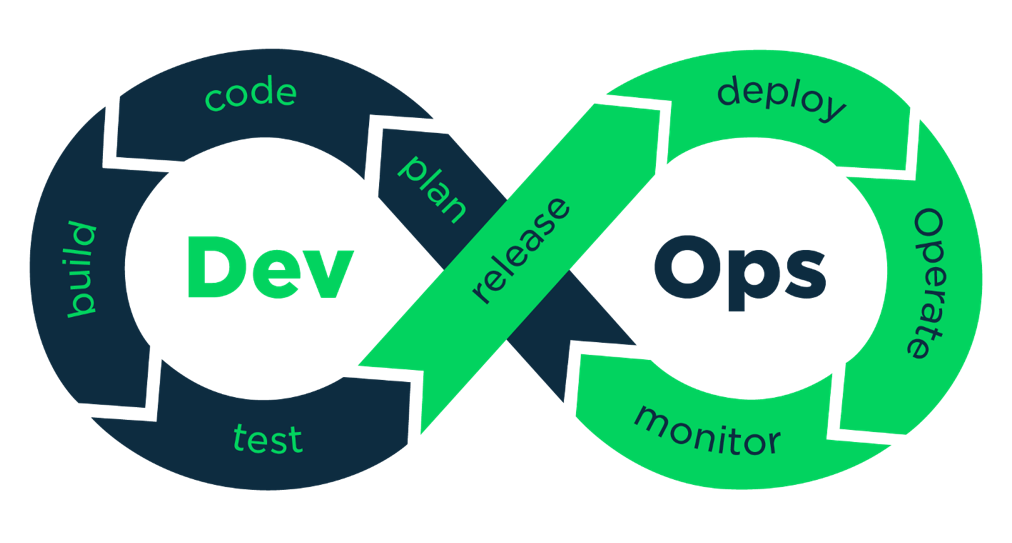
- Home
- Blog
How do Agile and DevOps interrelate?
Agile
Agile concerns constant iteration of development and testing in the SDLC process. This software development approach emphasizes incremental, iterative, and evolutionary growth.
The agile development process splits the product into smaller components and incorporates them for final testing. It can be executed in many ways, including scrum, kanban, XP, etc. Agile is an iterative method to software development and project management that aids the teams fast to provide value to their customers without any botheration.
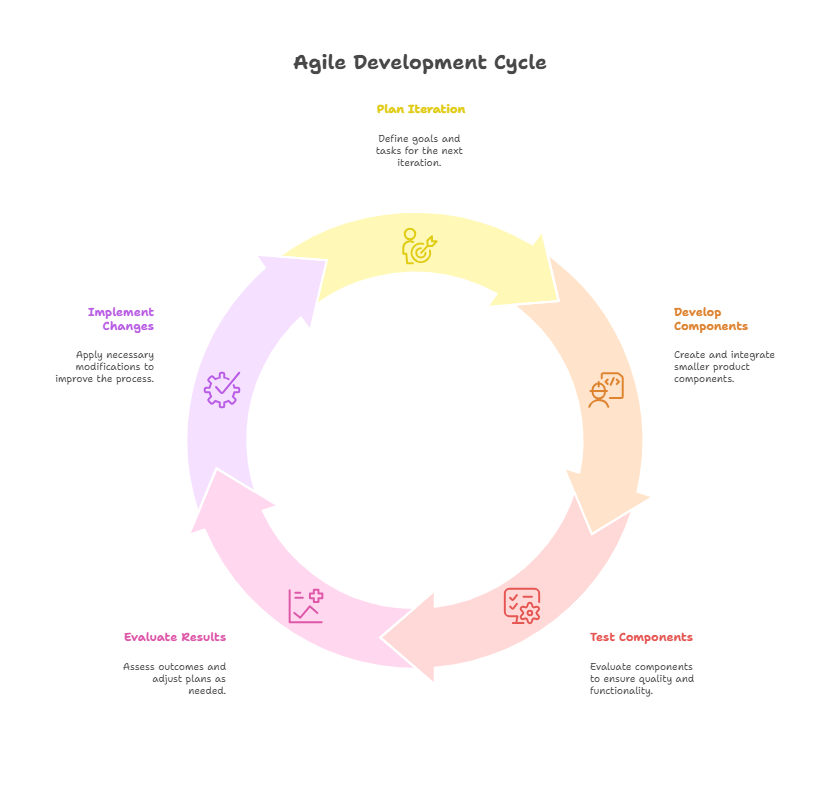
There is ongoing evaluation of plans, needs, and results. Therefore, the teams embrace a natural mechanism for fast-reacting to change.
In simple words, Agile represents the capacity to create and retort to change. It concentrates on handling and succeeding in an obscure and unsafe environment. Agile software development contains test-driven development, pair programming, planning sessions, stand-ups, and sprints.
DevOps
In the DevOps world, Dev and Ops don’t function in silos anymore but instead work in collaboration more efficiently and effectively as a single unit. As a result, they perform their specialized roles effectively but possess end-to-end visibility of the whole process. In short, the development (Dev) and operations (Ops) together make up DevOps. Moreover, DevOps delivers a practical principle for deployment with outstanding efficiency.
DevOps is a software development system that concentrates on communication, integration, and collaboration among IT professionals to enable fast deployment of products.
DevOps is a vast culture that boosts the association between Development and Operations teams. This encourages deploying code to production faster and in an automated manner. As a result, it helps to increase an organization’s speed in delivering applications and services.
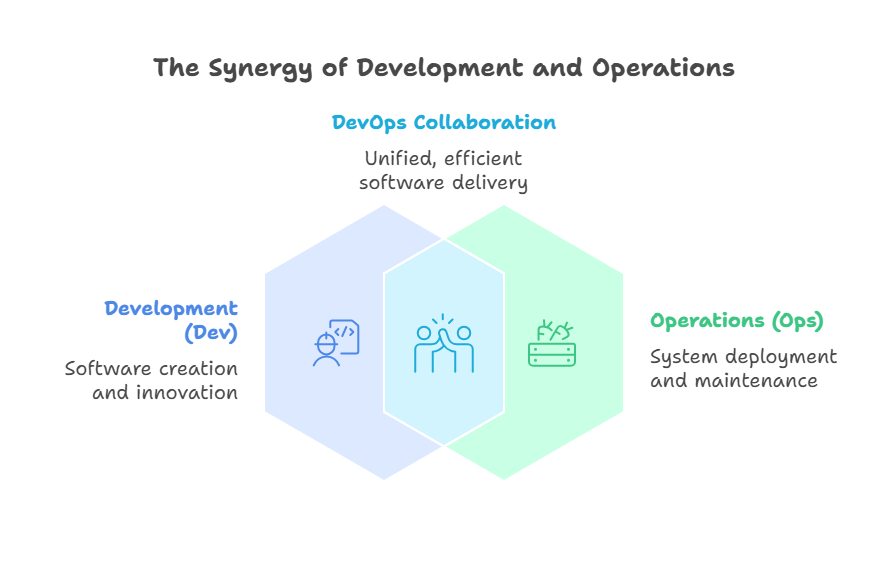
Can Agile and DevOps function jointly?
A common delusion is that DevOps and Agile cannot work together. This fantasy adversely impacts everybody engaged in the software development and delivery field. These approaches can prominently count to the Scrum pillars of inspection, clarity, and adaptation to effectively permit product teams to set up, provide and maintain complex products.
Both DevOps and Agile present practical ideas that can add value to teams’ workflow. The combination of Agile and DevOps guarantees the success of the organization.
Can Agile and DevOps function jointly?
Agile controls software development, whereas DevOps concentrates on getting code into production and optimizing the process. The corresponding methods are associated with each other. Though both are distinct, they are highly interrelated. Both are essential characteristics of software development. It is known that Agile places the foundation for DevOps and encourages teams to create software quicker. Subsequently, the launch of new products turns out to be more recurrent.
DevOps and agile might not appear as identical elements. However, they counterbalance one another. It concerns people and their connections with resources and techniques. DevOps merely makes sure that technology is promptly communicated to business units and operates without disruption or obstruction. However, working software acquires priority over-complicated reports. Also, customer cooperation maintains command over the negotiation process. Therefore, both these models link with one another to stabilize the infrastructure.
Iterations of the new enlargements of software use needs and practices laid by DevOps. So, there will be perfect deployment in the hands of customers. It is important to note that DevOps summarizes software needs, and then the Agile teams operate on its development. In other words, DevOps builds software which the Agile teams experiment and deploy.
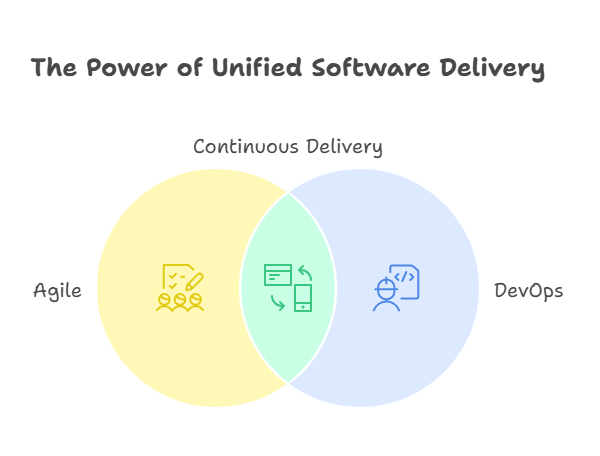
Technology concerning Agile and DevOps
There may be chaos on whether both these systems coexist in any part of technology. The answer is yes. The Agile development methodologies impose DevOps to explore benefits like creativity and speed. Moreover, Agile development functions quickly, and therefore, there will be more constant cycle responses.
Virtualization technology is the technology that includes these two methodologies. This technology is powering all features of the business IT environment. Moreover, it allows the companies to scale resources and leverage both DevOps projects and Agile growth. With concurrent integration of DevOps and adoption of Agile development, enterprises can improve their software development and execution speed.
Distinct Software Life Cycle Processes that involve DevOps and Agile
- Plan, Code, Build:
In this life cycle approach, the hybrid of Agile and DevOps delivers clarity, a more straightforward build cycle, resource flexibility, inner & outer feedback, and functional awareness.
- Continuous integration continuous delivery (CICD):
There will be a briefer development/delivery software life cycle. As a result, the workflow becomes genuine and sustainable. Also, the app pipeline becomes secure.
- Test, QA, Protection:
There will be much more testing across platforms, and safety becomes a team responsibility. Also, there will be shared ownership.
- IT management:
In this lifecycle process, the integration of Agile and DevOps concentrates on team goals. Also, it operates on IT modernization, upskilling, and higher collaboration.
- Infrastructure orchestration:
The merging of Agile and DevOps makes the infrastructure safe and scalable. Also, the combination leads to quick provisioning and developer concentration.
- Monitoring and Feedback:
It optimizes the flow of information to prevent failures from impacting the customer experience.
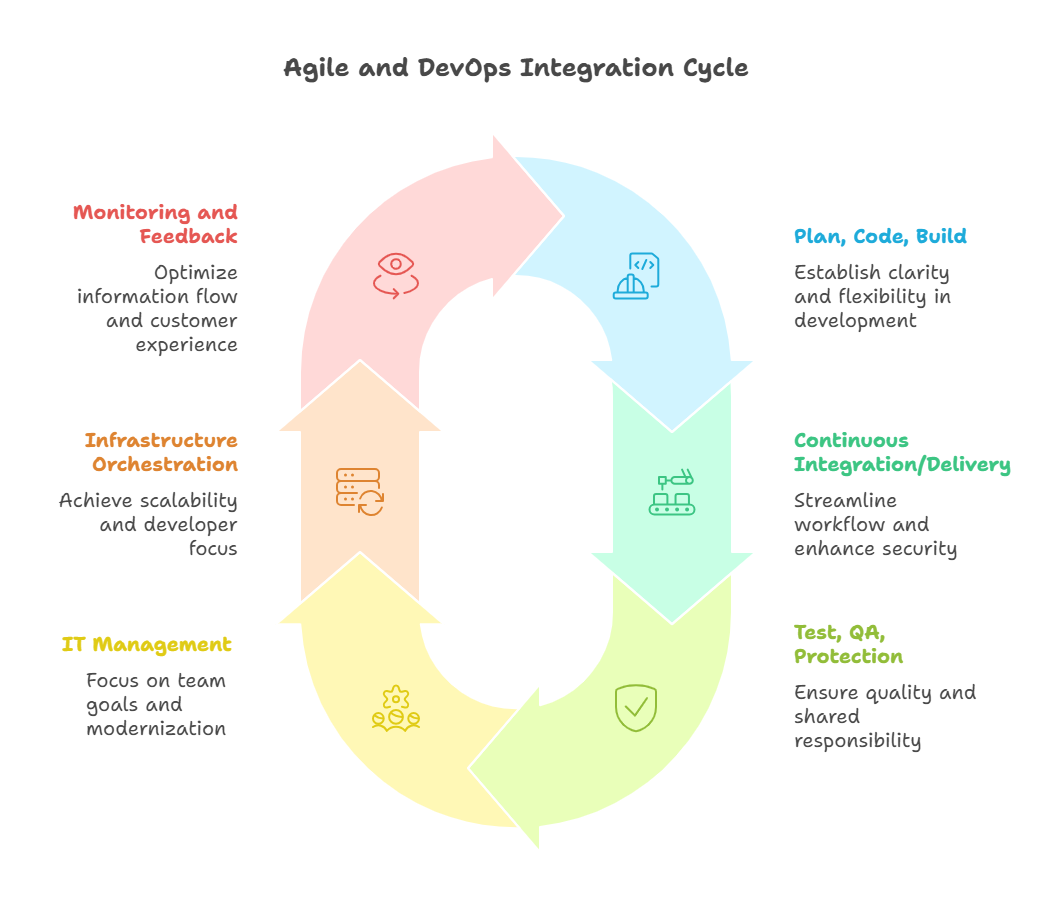
Conclusion
It should be more evident now how Agile and DevOps are both ideas and used in distinct areas in the Software Development Life Cycle. DevOps is a technical continuation of Agile’s views. Both principles prefer fast iterations and quick responses to varying conditions.
They’re similar ideas but target distinct phases of the SDLC. The most successful teams apply agile development practices and DevOps deployment practices. Agile is a framework for creating products, and DevOps is a collection of technical methods for deploying and running production methods. Given these two ideas are diverse and equally effective, you should embrace both in your SDLC.
